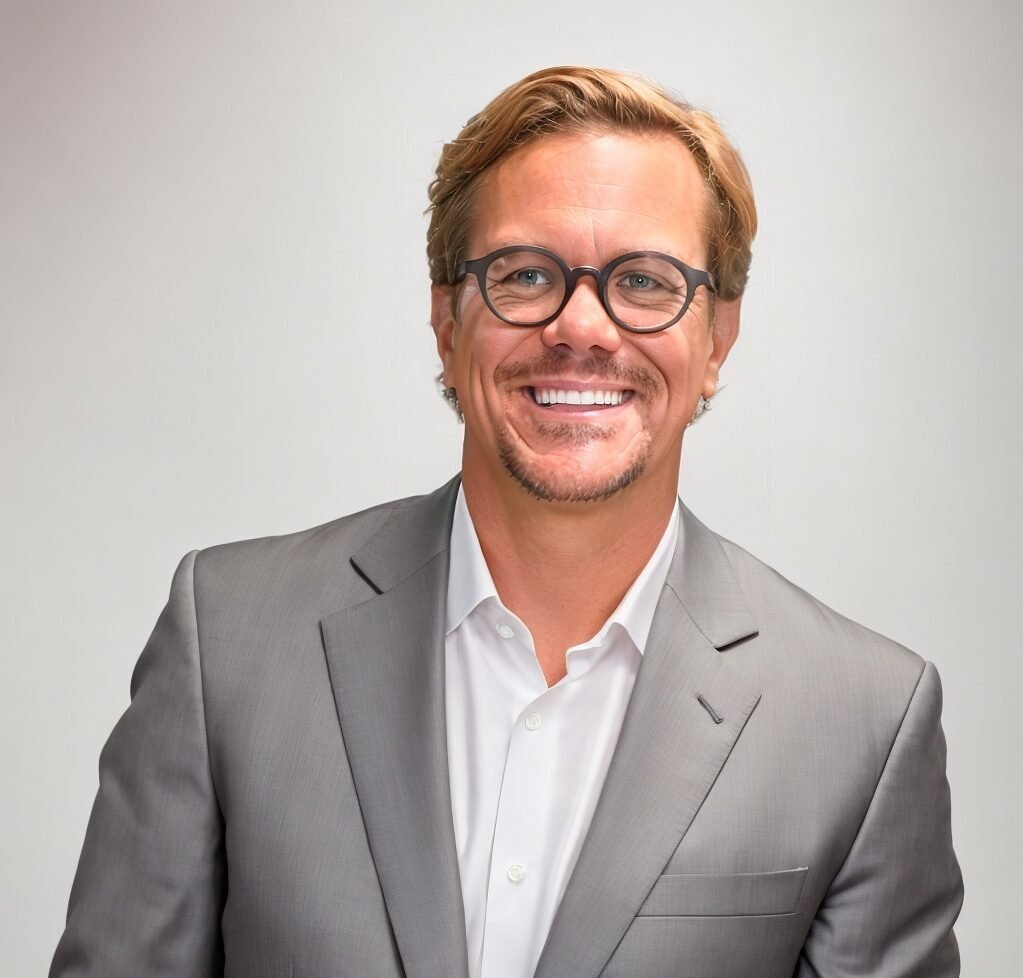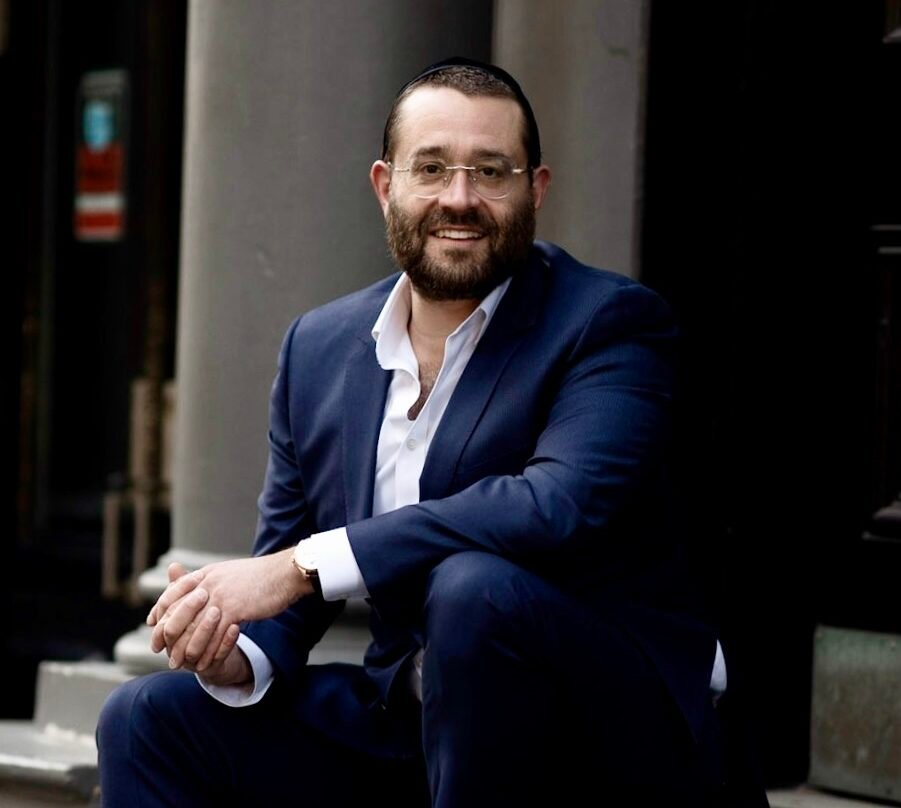Several years ago, I interviewed Smoothie King CEO Wan Kim in an interview originally published in Thrive Global. Here is an excerpt from our interview:
Adam: What is something about you that would surprise people?
Wan: I’m told I’m very mission- and vision-focused, and I’m not sure many people would expect that before meeting me. If you know my background, I was actually a franchisee with Smoothie King before becoming CEO. When you think about many individual franchisees, though, you may not expect them to have a clear mission and vision.
However, when people meet me and hear me talk about Smoothie King and our brand, they understand just how much our mission (to inspire people to live healthy and active lifestyles) and vision (to be an integral part of every health and fitness journey) drive me.
Adam: How did you get here? What experiences, failures, setbacks or challenges have been most instrumental to your growth?
Wan: In the beginning, the thing most instrumental to my growth was being disciplined. To be honest, when I was a franchisee, I did not have a clear vision. I signed the Smoothie King franchise agreement because I liked the mission, but at the time, I really did not have the vision the brand had.
At some point, you do confuse yourself and your decision-making if you’re only relying on the mission. The vision is like the five-to-ten-year goal, and it guides you. It’s important for franchisees to determine what’s the right thing to do for the next five years. Having a well-defined vision becomes a great filter for understanding what you want to accomplish and how to accomplish it.
So, if you ask me for one word on how I got to where I am today, I would say discipline. Being disciplined helped me understand the value of a clear vision and its importance in living out the mission. We do have setbacks, we do have challenges, we do have failures along the journey. However, it’s about how you overcome those failures and setbacks. Staying disciplined helps me overcome those challenges, but so does having a clear mission and vision.
Sometimes, there are proposed ideas that may align with our mission (to inspire people to live healthy and active lifestyles), but they may not align with our vision (to be an integral part of every health and fitness journey). Our vision was implemented to make operations tighter, and from that, we know we are more disciplined to narrow down our actions so they can be more purposeful.
Adam: What are the best lessons you have learned applicable to franchisors and franchisees?
Wan: One of the best lessons I’ve learned that’s applicable to both the franchisor and franchisees is the importance of communication. What I mean is, it’s important to communicate with each other and, as a franchisor, make sure you know where franchisees are coming from. It’s a franchisor’s responsibility to put themselves in the shoes of their franchisees and see things from their perspective. Franchisors can’t afford to give off the impression your network of franchisees is unimportant to you or that you don’t care for them. If we (franchisors) show a deep level of concern for our franchisees’ best interests – which are best learned through open-and-honest communication – and help them achieve that goal, everything can go well between the two.
Adam: What are your three best tips applicable to business executives and entrepreneurs on growing and scaling a business?
Wan: Frankly, I’m still learning, but I have come to find growing and scaling a business comes down to these three things.
First, you have to have the people and the talent in place. If you don’t have the right people, the company cannot sustain its growth. At some point, the company will outgrow its people. Once that becomes a reality, it’s crucial to have the talent who can maintain your continued growth.
The second piece is the culture. Without the culture, it doesn’t matter how great your team members are; if they don’t work together and there isn’t a bond over the culture, then the operation just doesn’t work. Building a culture that brings together the talent is very necessary … it’s the glue that holds everything together.
Third and finally, you have to have the infrastructure. If your company is growing but you don’t have or provide the correct tools to the people, it doesn’t matter how great and talented they are. Without the proper tools, they can’t build the kind of scalable company you envision. You have to keep investing in systems.
Adam: In your experience, what are the defining qualities of an effective leader? How can leaders and aspiring leaders take their leadership skills to the next level?
Wan: Admittedly, I’m still learning, but one of the defining qualities of an effective leader is coexistence. I’m not sure if this quality is often mentioned as it relates to leadership in this country, but when it comes to the dynamic between franchisor-franchisee or employer-employee, we have to accept the fact we are different; we have vastly different perspectives.
So, in order for leaders to win and make sure they’re understanding the mindset of other people, they must accept that difference. Once that can be admitted and agreed on, then it’s the job of the leader to create a workplace environment that promotes healthy coexistence.
Adam: What are your three best tips applicable to leaders on building, managing and leading teams and organizations?
Wan: In addition to mission and vision, there’s one more foundation piece, and it’s the core values. Once an organization clearly defines those three things, then you give yourself the best opportunity to build, manage and lead a successful organization.
To that point, my advice is every company should have a different, unique set of core values. When you think about Smoothie King’s mission, you may find many companies have something similar, but I don’t know how many companies would have a vision statement similar to ours. I don’t believe core values are something you hang on your walls, but it’s clear you hire, retain, evaluate and reward people based on your core values. In that way, people are going to want to know what those core values are because they’re going to try to live them out so they can grow with the company.
There are five core values Smoothie King has:
-
Do the right thing
-
We are better together
-
We live the mission
-
We keep evolving
-
We focus and finish
Adam: What is the single best piece of advice you have ever received?
Wan: There are two things. The first is, shit happens. I firmly believe in that because if you expect shit to happen, there is less surprise and emotions, and you’re better prepared to deal with those things should they come up. At Smoothie King, we always remember it’s not about what happens, but rather, how we deal with it.
The second is, you cannot have everything. We really believe this. Even though there are many opportunities out there, we always ask ourselves whether or not it falls under the goal we set for the year. If it doesn’t, we pass it along.
Adam: What can anyone do to pay it forward?
Wan: Once again, whatever you do, it has to fall under your mission, vision and core values. At Smoothie King, we asked ourselves what should we be doing to pay it forward as a brand? We looked at more than 200 charities, and then we looked at our mission, vision, and core values – trying to identify which charity would fall in line with those things. We strongly believe the Challenged Athletes Foundation – a cause helping athletes with physical challenges and disabilities find success through sports – is the best fit, and we are sticking with it.
When you look at a lot of charities, some may check one of the three boxes – mission, vision and core values – but very few check all three. One word from our vision that sticks out to us is the word “journey.” We believe that’s what people actually go through to live a health and active lifestyle. When you think about it, “journey” is not a one day or even a one-month thing; it’s essentially your life. Smoothie King is here for people to help them, no matter where they’re at in their life or health and fitness journey. When you look at the CAF, I think in many senses, that’s what we’re trying to do.
Is there anything else you would like to share?
Wan: Going back to the idea of discipline, I think a lot of times people don’t necessarily understand what it means to be disciplined. For me, it’s about building the small habits. For example, I wake up at 5:30 a.m. every day, and I try to get a workout in – whether it’s 10 minutes, 15 minutes, whatever. You shouldn’t try to start big, because then it’s really easy to give up. However, if you’re setting small, attainable goals each day, you begin to build those habits. You’ll be less likely to give up.
It’s the same thing in business. That’s my advice for any business leader: you need to start building small habits, and those small habits will give you small wins. From there, you work your way up. That’s how you build discipline.









